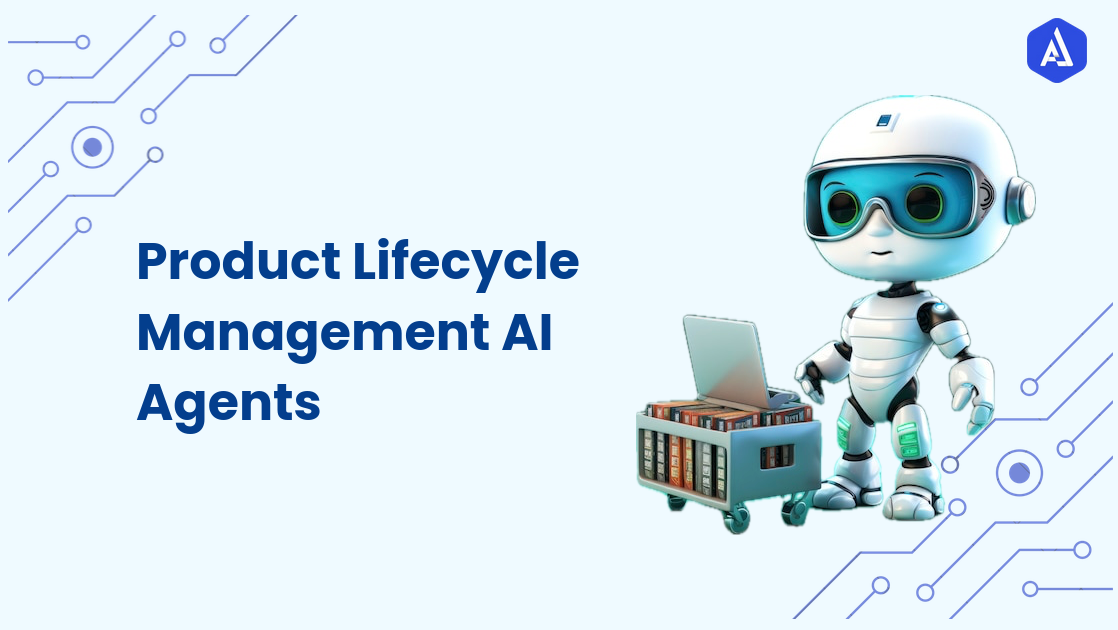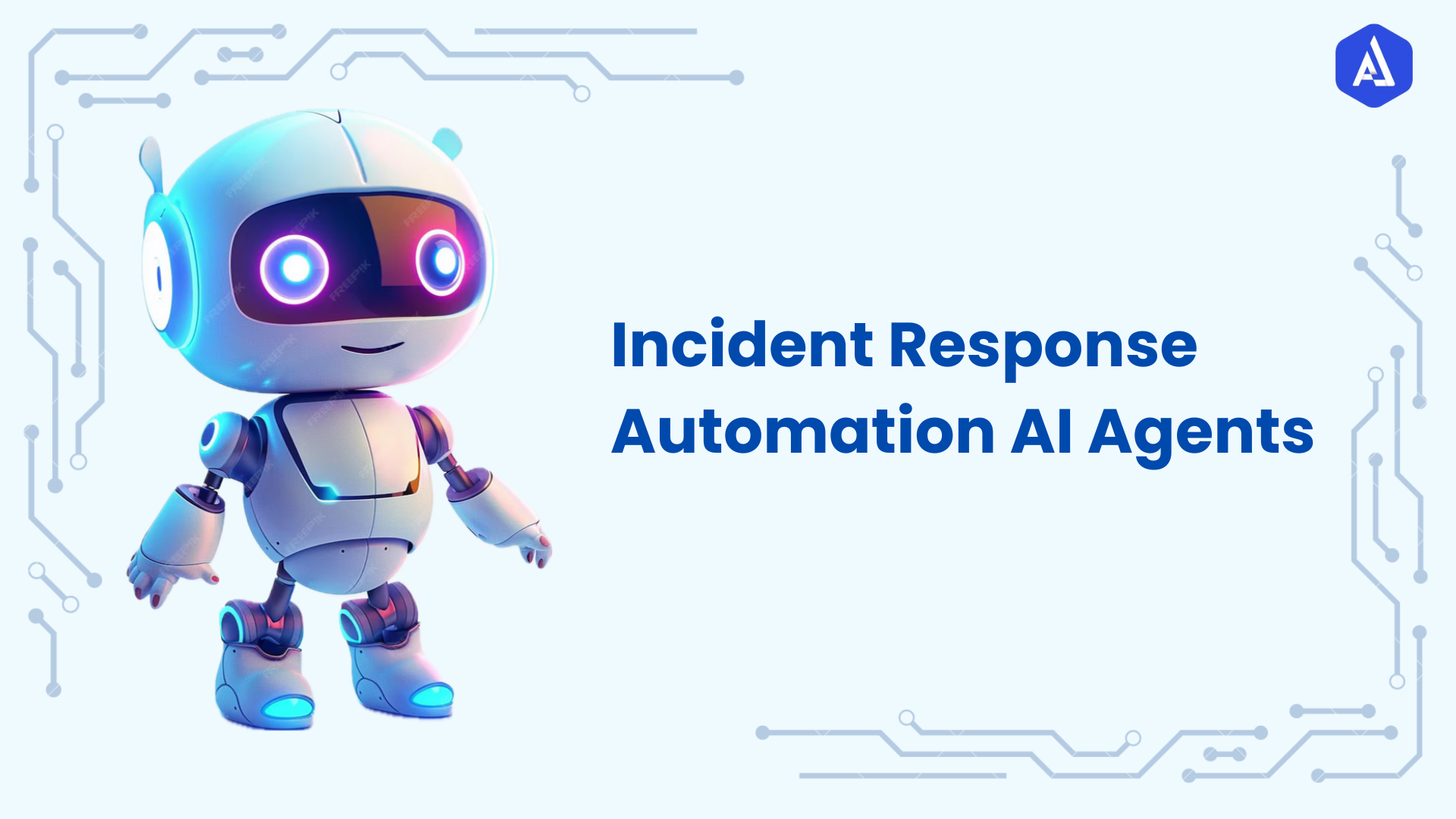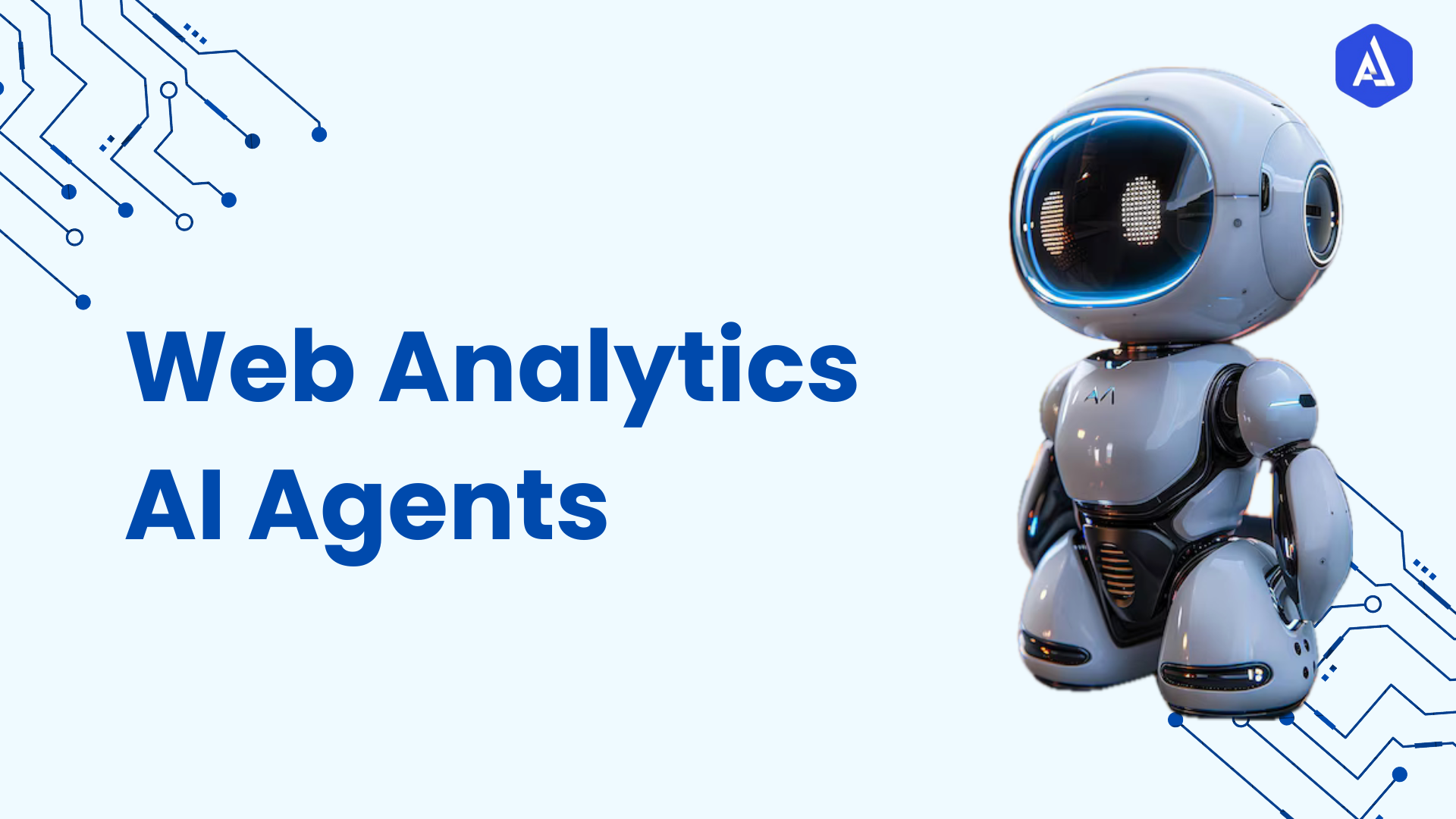Advanced AI Agent for supply chain management available as Supply Chain Manager AI Agent turns supply chain management into proactive and data-driven, delivering businesses with intuition. It optimizes demand forecasting, inventory levels, and decision-making, improving the efficiency and responsiveness of the entire supply network.
This AI agent tracks real-time data, predicts future trends, and facilitates agile adjustments all within yourself so seamlessly that you’re able to work in tandem with suppliers, logistics, and inventory teams. The capability of its transformation helps businesses to address market changes, risks and costs to achieve a competitive edge.
Role of a Supply Chain Manager
Supply Chain Managers: Supply chain managers oversee the entire flow of goods, from sourcing raw materials to delivering finished products to customers. Their role involves coordinating with suppliers, managing inventory, scheduling production, and ensuring seamless logistics to maintain an efficient supply chain.
Key Challenges Faced by Supply Chain Managers:
-
Outdated Systems: Relying on legacy systems and disconnected tools that hinder efficiency and adaptability.
-
Data Overload: Managing unstructured or incomplete data, making accurate forecasting and decision-making difficult.
-
Manual Processes: Excessive manual work leads to slow reaction times and delays in addressing supply chain issues.
-
Market Volatility: Dealing with fluctuating demand, supply disruptions, and price instability.
-
Risk Management: Anticipating and mitigating disruptions like supplier delays, transportation failures, or geopolitical challenges.
-
Cost Control: Balancing cost-effectiveness by maintaining quality and customer satisfaction.
-
Sustainability: Meeting environmental and ethical standards while optimizing supply chain operations.
This is where supply chain managers need a solution to match: one that integrates real-time data, automates the mundane job of routine processes, and that allows supply chain managers to make rapid, data-centric decisions and adjustments.
About the Supply Chain Manager AI Agent
Supply Manager AI Agent is a brilliant tool capable of seamlessly integrating into existing supply chain platforms and augmenting them with outstanding AI based functionalities. This agent uses machine learning algorithms to work with large data sets, find patterns, and predict trends, to optimize real time reaction for supply chain adjustments.
It acts as a 'digital teammate', helping fill gaps in human expertise by doing things such as demand forecasting, inventory monitoring, supplier tracking where possible, taking time away from managers that are too busy creating the business strategy.
The agent simultaneously contributes to the operational efficiency of the company and promotes the advent of sustainability by doing the mathematical ‘heavy lifting’ for minimizing waste and optimizing routes to ensure that companies can keep track of and reduce environmental impact.
It also runs scenario simulations to imagine responses to possible risks, for example, the shortage of supplies and of logistics, so that the business can plan and react in advance. Ultimately, this AI agent serves to build a resilient, efficient and past adaptive supply chain enabling companies to stay competitive in the quickly changing marketplace.
Key Features of the Supply Chain Manager AI Agent
-
Predictive Analytics: Harnesses historical data and external factors to forecast demand accurately, enabling optimized inventory levels.
-
Real-time Optimization: Adjusts inventory, routes, and production schedules dynamically based on live data.
-
Risk Management: Detects disruptions early and suggests mitigation strategies.
-
Supplier Performance Tracking: Monitors and analyzes supplier performance metrics, uncovering insights to improve reliability.
-
Collaborative Platform: Facilitates smooth communication across all supply chain stakeholders.
-
Scenario Planning: Simulates various scenarios to help strategize and prepare for future possibilities.
-
Sustainability Metrics: Incorporates environmental and social metrics to support sustainable decision-making.
Use Cases
-
Automotive Industry
The automotive sector needs to be precise and have great timing since the demand for efficiency and cost control is high. The Supply Chain Manager AI agent watches for demand patterns, matches production cycles, and foresees supply demands in order to minimize bottlenecks. It allows the adjustment of schedules, materials and component sourcing through simulations run on real-time data.
By this proactive approach auto manufacturers can reduce lead times and cut costs of holding, as well as respond immediately to changes in consumer demand or disruption of the supply chain. Additionally, the agent’s scenario planning enables improved resource allocation and delays in production.
-
Fashion Retail
The fashion retail is experiencing a rapid change in consumer trends and seasonal demand fluctuations. The data that enters the AI agent in social media like fashion shows or even market trends help it to predict upcoming trends, and some brands can take advantage of this data by implementing changes in their production. The agent optimizes inventory levels, and distances sources so that the right styles are at the right place at the right time.
It also assists retailers in monitoring their supplier performance, managing stock replenishment and reducing the number of unsold inventories; and also allowing the retailers to quickly react to consumer shifts. It makes brands agile, meaning it improves the customer experience and increases profitability by making brands relevant, responsive and agile in the face of market dynamics.
-
Pharmaceutical Industry
In the pharmaceutical industry, supply chain disruptions can have serious implications for both health outcomes and regulatory compliance. The Supply Chain Manager AI Agent aids by forecasting demand for medicines and medical supplies based on historical data, seasonal trends, and population health data. It helps manufacturers anticipate production needs, optimize inventory, and manage cold chain logistics for temperature-sensitive products.
The agent continuously monitors supplier reliability and regulatory changes to enable pharmaceutical companies to proactively adjust sourcing strategies that reduce risks of stockouts or delays. It guarantees that a steady supply of critical products is guaranteed and delivers patient needs and regulatory standards efficiently.
-
Electronics Manufacturing
The Electronics manufacturing supply chains are highly complex, global and product cycles are fast paced. Indeed, AI agent monitors the market demands and manages the flows of component sourcing and production schedules. The data analytics-based project aims to predict shortages of critical materials, such as semiconductors, to adjust orders and production plans in order to prevent delays.
In addition, the agent puts a valuation on geopolitical and trade regulation factors, which impact the supply chain, enabling companies to diversify their suppliers and protect against disruptions. The agent allows the production line to not only run smoothly but also lets manufacturers stay competitive in a quickly changing market by allowing it to make dynamic adjustments.
Considerations
Adopting the Supply Chain Manager AI Agent involves challenges, including:
-
Data Integration: Ensuring seamless integration of diverse data sources, from ERP systems to IoT devices, is complex but crucial for the AI’s accuracy.
-
Data Quality: Inaccurate or outdated data can undermine AI recommendations, emphasizing the need for consistent data quality checks.
-
Scalability: As operations grow, the computational demands on the AI agent can increase significantly, requiring infrastructure that can support scaling.
-
Change Management: Employees may view AI as a threat rather than a teammate, so proper change management and role clarification are essential.
-
Trust and Training: Building user trust and training teams to interpret AI insights correctly is crucial for effective implementation.
Benefits
The Supply Chain Manager AI Agent offers numerous advantages:
-
Enhanced Efficiency: By automating repetitive tasks and improving forecasting accuracy, the AI agent streamlines supply chain operations.
-
Cost Savings: AI-driven optimizations in inventory and logistics reduce waste and operational costs.
-
Strategic Focus: The agent frees supply chain professionals from low-value tasks, allowing them to prioritize strategy and innovation.
-
Improved Resilience: Real-time risk assessment and scenario planning help the supply chain stay agile and responsive to disruptions.
-
Sustainability Compliance: Integrating sustainability metrics allows businesses to make eco-conscious decisions that align with modern market demands.
Usability
To maximize the capabilities of the Supply Chain Manager AI Agent, follow this guide:
-
Setup and Integration: Bring the existing supply chain platforms like ERP or CRM into existing AI agent. As an agent, it is easy to integrate, users may choose from the Supply Chain Manager AI Agent and will input your credentials directly in the chatbot interface making the process less time consuming. Work with IT teams to guarantee secure data flows and comply with data protection standards.
-
Configuring Analytics and Insights: For strategic decision making, you can customize analytics dashboards to align with your business priorities — from demand forecasting to supplier monitoring, and more, to provide relevant insights.
-
Data Quality Maintenance: Designed protocols for updates with regular data and accuracy check to obtain high quality inputs. If those data are reliable, the agent is more able to make accurate recommendations.
-
Training and Onboarding: For supply chain teams, train them so that they understand how to interpret the AI driven insights, recommendations and forecasts. A part of the onboarding process is to improve team members' trust in using the tool more effectively.


